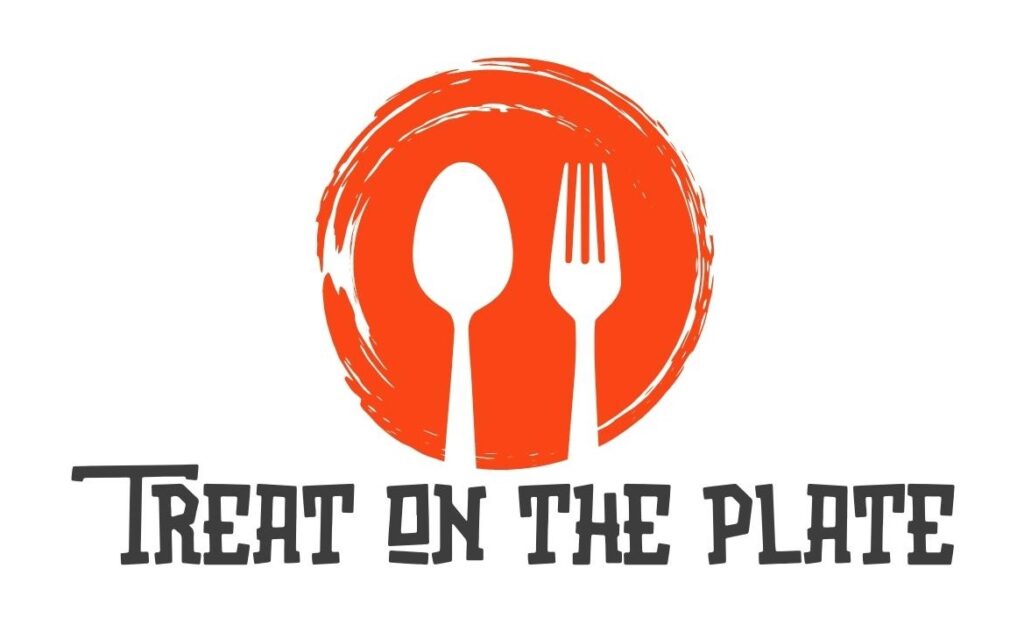Your cart is currently empty!
FAQ’s
What is organic farming and why is it important?
Organic farming is agriculture that makes healthy food, healthy soils, healthy plants, and healthy environments a priority, along with crop productivity. Organic farmers use biological fertilizer inputs and management practices such as cover cropping and crop rotation to improve soil quality and build organic soil matter. By increasing the amount of organic matter in the soil, organic farmers enhance the soil’s ability to absorb water, reducing the impacts of drought and flooding. Improving soil organic matter also helps it to absorb and store carbon and other nutrients need to grow healthy crops, which, in turn, are better able to resist insects and diseases.
Organic production systems do not use genetically modified (GM) seed, synthetic pesticides or fertilizers. Some of the essential characteristics of organic systems include design and implementation of an organic system plan that describes the practices used in producing crops and livestock products; a detailed recordkeeping system that tracks all products from the field to point of sale; and maintenance of buffer zones to prevent inadvertent contamination by synthetic farm chemicals from adjacent conventional fields.
What new products are you planning?
Siridhanya Millets are positive millets that have balanced nutritional profile. The fiber in positive millet is weaved in a very special way in the grain. These 5 positive millet are – Kodo, Little, Foxtail, Barnyard and Browntop
Can GMOs be used in organic products?
The use of genetic engineering, or genetically modified organisms (GMOs) is prohibited in organic products. To meet the organic regulations, farmers and processors must show they aren’t using GMOs and that they are protecting their products from contact with prohibited substances from farm to table.
How does organic farming help the environment?
Organic farms use production practices with environmental benefits such as water management practices, no-till or minimum tillage, habitat maintenance for beneficial insects and vertebrates, and biological pest control. These ecologically protective practices contribute to enhanced ecosystem services and benefit water quality, soil health, and biodiversity.
Why does organic cost more?
The cost of organic food is higher than that of conventional food because the organic price tag more closely reflects the true cost of growing the food: substituting labour intensive preparations of bio pesticides, vermicompost etc.
Tell us more about your farm
Sri Nidhiravyaya Organic Farms is a biodiverse multicropping farm with naturally fortified soil, born out of passion for farming and soil, in a small village Pothireddipalle near Jadcherla. It is India Organic certified organic farm. We grow desi varities of paddy, various leumes, cereals and pulses and along with cold pressed ground nut oil, coconut oil & sesame oil
How do organic farmers control pests without synthetic chemicals?
Organic farmers use various methods for pest control, including crop rotation, companion planting, releasing beneficial insects, and using organic pesticides derived from natural sources like neem oil or diatomaceous earth.
What are the regulations governing organic farming?
Organic farming is regulated in many countries, and certification standards typically require practices that promote soil health, minimize synthetic inputs, and follow strict guidelines for organic production.
Can organic farming help combat climate change?
Yes, organic farming can help mitigate climate change by reducing greenhouse gas emissions, promoting carbon sequestration in soil, and conserving energy and resources.
How does organic farming contribute to better water quality?
Organic farming reduces the runoff of harmful chemicals into water bodies by avoiding synthetic pesticides and chemical fertilizers, which can contaminate water sources.
What is the role of organic certification in organic farming?
Organic certification ensures that farmers follow organic farming standards and allows them to label and sell their products as organic.


